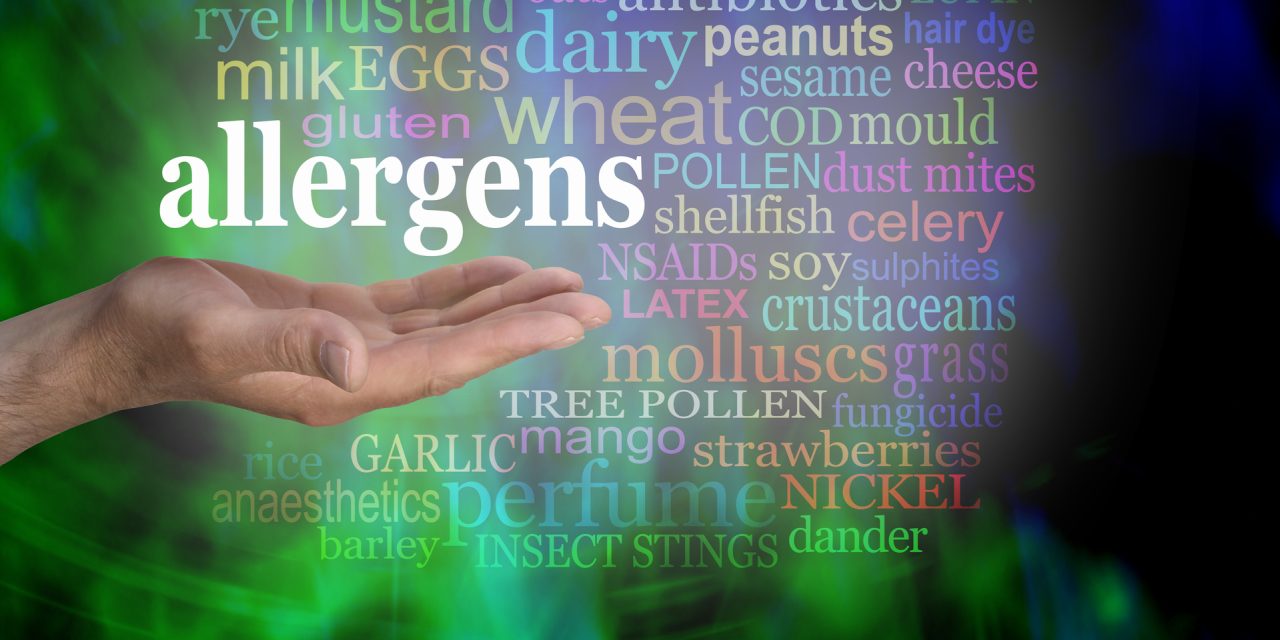The return of whooping cough after the introduction of acellular (protein) vaccinations has rekindled interest in the creation of better pertussis vaccines; Outer Membrane Vesicles (OMVs) containing pertussis antigens have emerged as promising options. An in silico immunogenicity screen was performed on 49 well-known Bordetella pertussis proteins to better understand their potential role in the efficacy of pertussis OMVs for vaccine design; seven proteins were identified as good candidates for inclusion in optimized cellular and acellular pertussis vaccines. Researchers next screened these antigens for potential tolerance-inducing sequences, as proteins with lower tolerogenicity enhance vaccination efficacy in preclinical settings. The peptides in the proteins that were cross-reactive with human sequences were identified using specialist homology techniques. Four of the 19 cross-reactive peptides were detolerized in silico using a different technique, OptiMatrix, which impaired their ability to bind to human HLA and murine MHC.
Four cross-reactive peptides and their detolerized versions were synthesized, and their in vitro binding to a collection of eight common HLA class II alleles was evaluated. When compared to the wild-type peptides, the detolerized versions had lower binding affinity to HLA class II, suggesting the promise of this method for developing more effective pertussis vaccines.
Reference: https://www.tandfonline.com/doi/full/10.1080/21645515.2019.1703453


